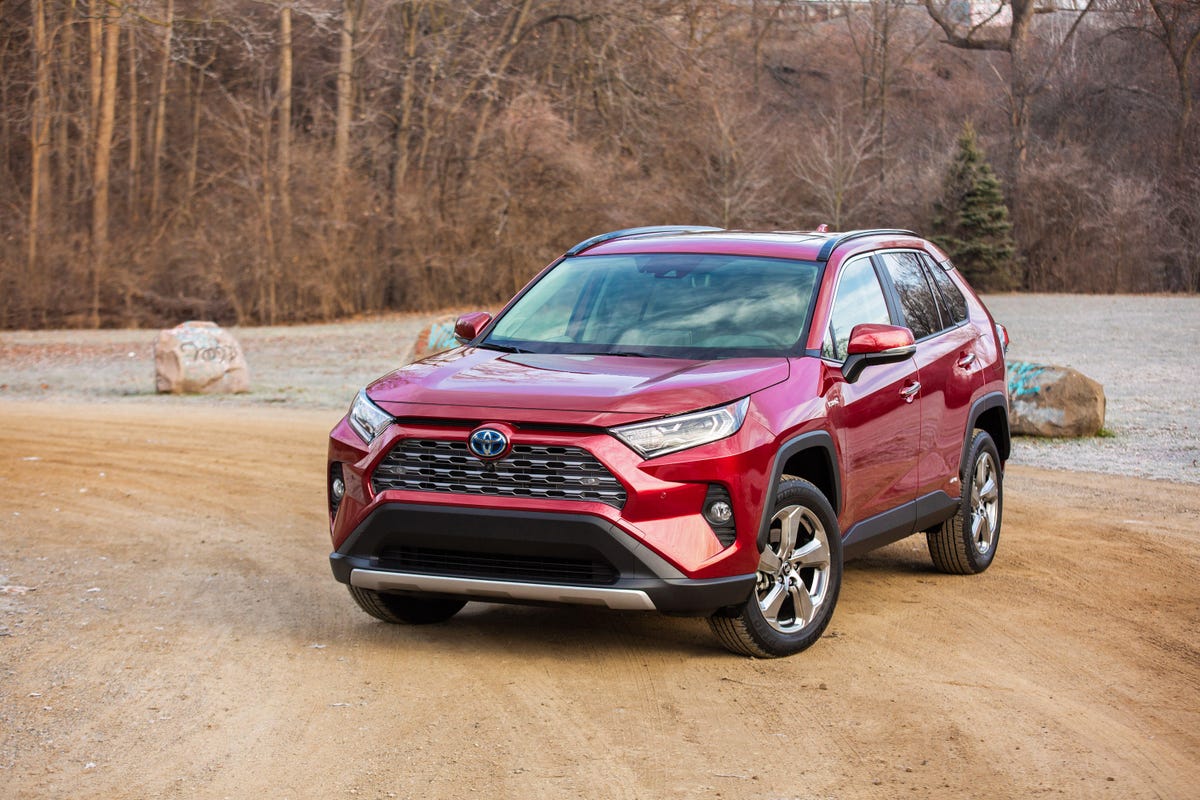Shop At Haya: Your Ultimate Shopping Guide
Discover the best shopping tips, trends, and deals for a smarter buying experience.
Hybrid Cars: The Unsung Heroes of Fuel Efficiency
Discover why hybrid cars are revolutionizing fuel efficiency and saving you money. Uncover the secrets of these eco-friendly champions!
Why Hybrid Cars are the Future of Fuel Efficiency
As the global demand for more sustainable and environmentally friendly transportation options continues to rise, hybrid cars have emerged as a compelling solution. These vehicles combine a traditional internal combustion engine with an electric motor, which allows them to achieve remarkable fuel efficiency. Unlike conventional cars, hybrid vehicles can capture energy during braking and utilize it for acceleration, which significantly reduces fuel consumption. This innovative approach not only minimizes toxic emissions but also offers drivers an economical choice that aligns with the growing emphasis on green initiatives.
Moreover, the advantages of hybrid cars extend beyond just reduced fuel costs. With advancements in technology, manufacturers are continuously improving the efficiency of hybrid systems, making them even more attractive. For instance, the ability to drive on electric power alone for short distances further boosts their fuel efficiency and lowers the overall carbon footprint. As cities and governments implement stricter emissions regulations, the shift toward hybrid vehicles becomes increasingly evident, making them a critical component of the future of transportation.

Top 5 Benefits of Driving a Hybrid Vehicle
Driving a hybrid vehicle offers numerous advantages that contribute to both personal and environmental well-being. First and foremost, hybrid vehicles are known for their improved fuel efficiency. By combining a gasoline engine with an electric motor, these vehicles can achieve remarkable mileage, which not only saves drivers money at the pump but also reduces dependence on fossil fuels. Additionally, hybrids often qualify for various government incentives and tax credits, making them financially appealing for those looking to make a smart investment.
Another significant benefit of driving a hybrid vehicle is the positive impact on the environment. Hybrid vehicles produce fewer greenhouse gas emissions compared to traditional gasoline-powered cars, helping to combat climate change and reduce air pollution. By choosing a hybrid, drivers contribute to cleaner air and a healthier planet for future generations. Furthermore, many hybrid models come equipped with advanced technology that enhances their environmental friendliness, such as regenerative braking systems that capture energy during braking to recharge the battery. Overall, the shift to hybrid vehicles represents a step toward sustainable transportation that benefits everyone.
How Hybrid Technology Reduces Fuel Consumption and Emissions
Hybrid technology integrates both an internal combustion engine and an electric motor, allowing vehicles to optimize their energy usage. This combination enables cars to operate more efficiently by utilizing the electric motor at lower speeds and during acceleration, which significantly reduces fuel consumption. Additionally, the regenerative braking system captures and reuses energy that would typically be lost during braking, further enhancing overall efficiency. By relying less on fossil fuels, hybrid vehicles contribute to lower fuel costs for drivers while minimizing their environmental impact.
Moreover, the implementation of hybrid technology contributes to a noticeable decrease in harmful emissions. By operating in electric mode during certain driving conditions, hybrids produce fewer tailpipe emissions, which is crucial for improving air quality and complying with stringent environmental regulations. As acknowledged by numerous studies, switching to hybrid vehicles can result in a substantial reduction in carbon dioxide and other greenhouse gas emissions, making them an essential component of the transition towards sustainable transportation solutions.